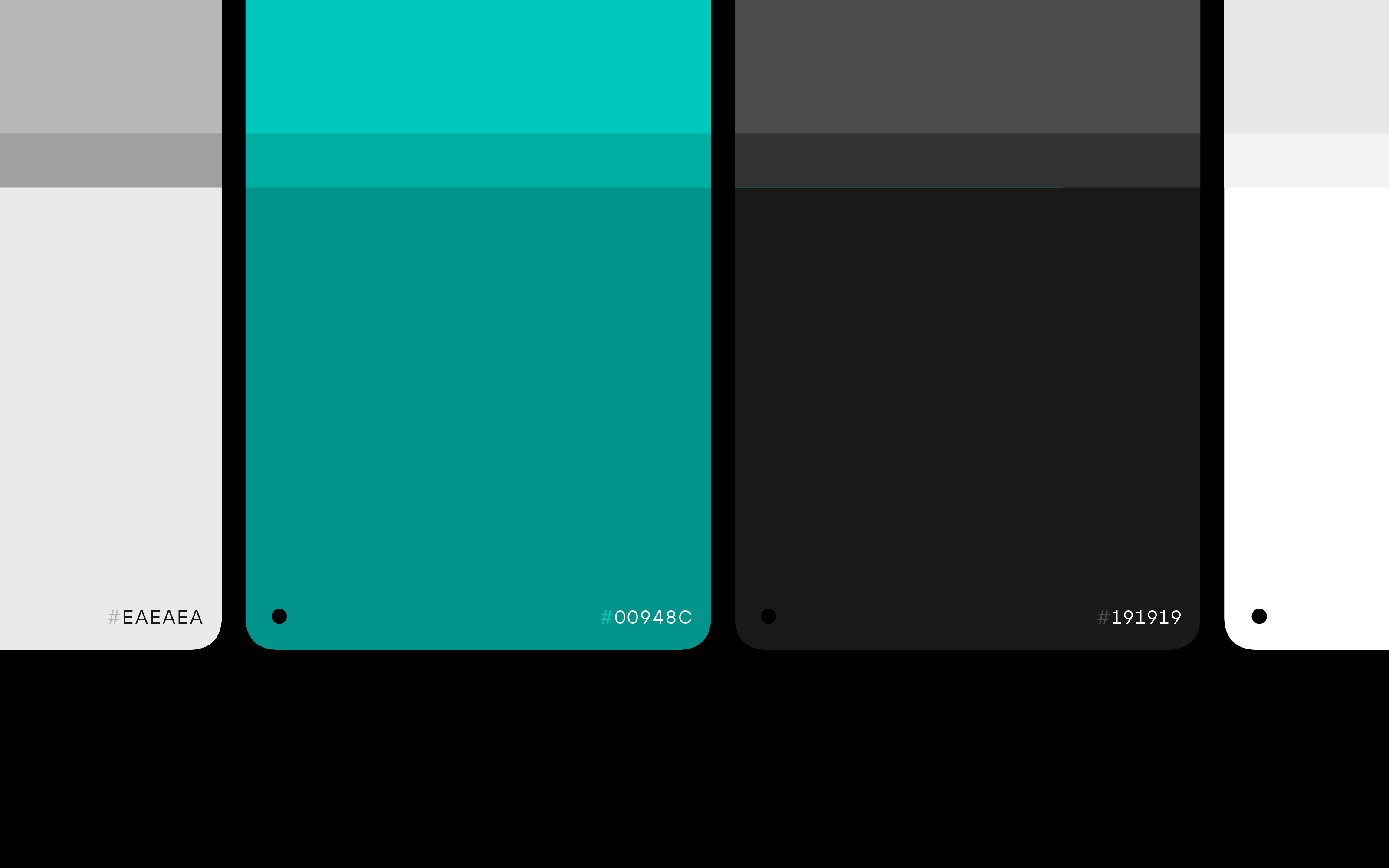
The pandemic hit events hard worldwide. For the fashion world, it has meant rethinking and virtualizing some of its most iconic moments. But the road ahead is still unclear. What about scenography design?
Is scenography design alive in the virtual age?
Fashion, as we know, is not just about clothes. It is mostly about fascination, which comes from clothes and from everything that surrounds them. Fashion events are often akin to theatrical enactments or artistic installments.
This might explain why the lockdown proved so stifling for the creativity of fashion directors. There’s one thing we can’t overlook, even in a virtual world: scenography.
Fashion Shows and the Role of Scenography Design
If you have been to a really good fashion show, you know how scenography design can augment the presence of the collection and take you to the world the designer had in mind. Ambitious fashion shows often see the creative director working together with the scenographer in order to create immersive catwalks that make the experience memorable.
Just think of the fashion show held by Chanel inside the Cinecittà Studios in Rome for the launch of the Kolossal collection. Creative Director Karl Lagerfeld wanted something stunning, so the scenography team recreated a street in Paris complete with storefronts, sidewalks, and street lamps.
Everything was then painted in grayscale, allowing the clothes to stand out. This titanic creative effort brought the audience into another world, letting the history and spirit of Chanel permeate the event.
Virtual fashion won’t work without scenography design
Since the pandemic spread, event after event has been canceled, including all Fashion Weeks. The Maisons haven’t had a lot of time to adapt, so the response has been varied. Just as the business world was turning to webinars and video calls, fashion turned to live-streaming performances. Some were more artful like this one from Hermés.
We also saw a lot of panels, interviews, behind the scenes videos. A lot more talking than we are used to in fashion, honestly. Some good, some bad, but hardly immersive. You can feel the absence of scenography design.
Gucci, among others, tried to break the mold and experiment, with a 12-hour live show that was more an art installation than a défilé.
Still, among all these creative attempts, you can’t help missing the grandeur of the physical fashion shows. A lot of stimuli, but not so many emotions. Is there any other way to engage people?
The true virtual events are happening elsewhere
While fashion was resorting to live-streaming and webcams, music events were making waves somewhere else. Precisely, the watershed moment was Travis Scott’s concert inside Fortnite. Even though it lasted around 10 minutes, the event was powerful and immersive, with millions of people not just sitting and watching but inhabiting the space.
This is a growing trend: similar events are being held inside other virtual worlds like Minecraft or Roblox (which won’t probably host a fashion show, though).
Scenography design played a major part in Travis Scott’s concert. Rigorous and yet liberated from physical constraint, it built amazing environments meant to be explored and interacted with. A gigantic Travis Scott was towering over Fortnite players and was always visible, while the surrounding island would change in light and atmosphere according to the track being played.
This kind of event looks very promising for fashion, too, as it would allow creative directors to let their imagination roam free, while giving attendees a certain degree of freedom. If this meets VR, the experience could be groundbreaking.
Immersive virtual events can benefit from the skills of real-world scenography design: their know-how can be easily applied to a virtual space that knows how a person relates to her surroundings and what emotions can be triggered by the environment.
This might be the future: fashion should catch the opportunity and lead the way.
READ MORE ON
How We Make Website Design That is Not Boring
Website design often comes last after everything has been already decided. And yet, it’s still a central part of brand experience.
Verbal Identity: How We Craft the Voice of a Brand
Brand typography can be seen as a detail, but it’s the living spirit of a brand. This is how we do it at Sublimio.
Beautiful Thinking: the branding philosophy behind Sublimio
Can a brand look good and be strategic at the same time? If you ask us, there’s really no other way.
How We Choose Brand Colors for Impact
Choosing brand colors is never easy. But it helps to have a rough idea of why you are picking one over another.
our newsletter













